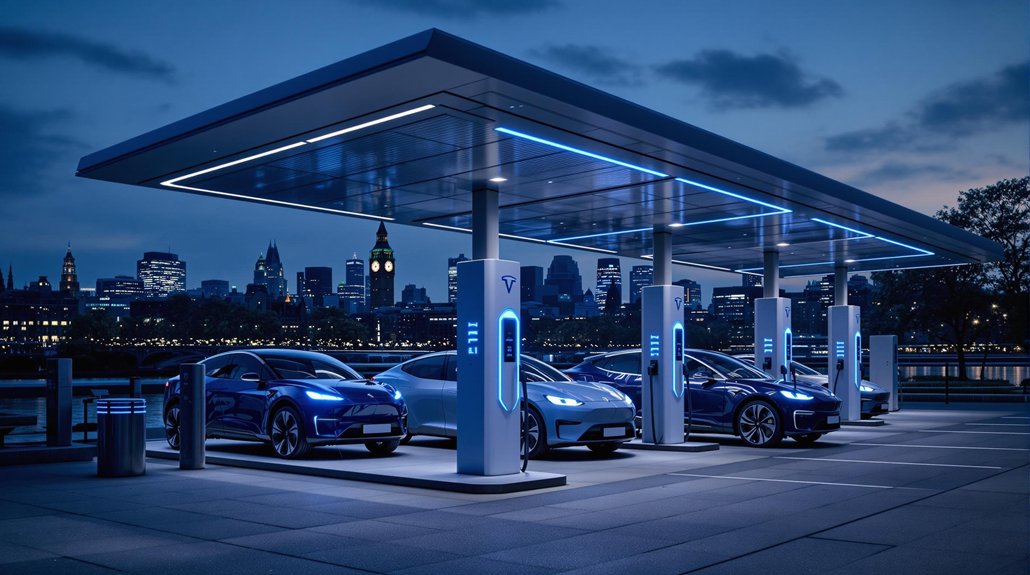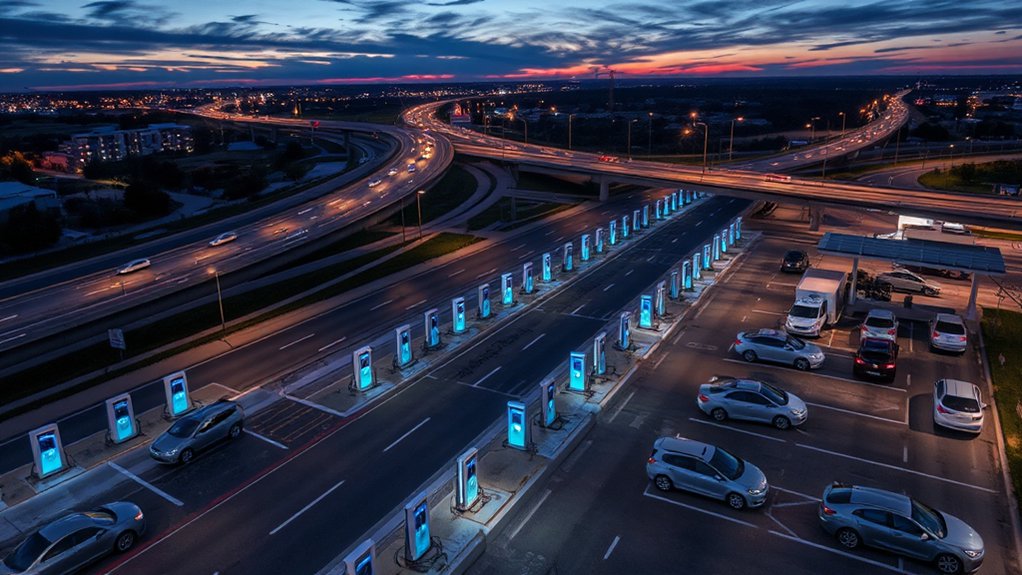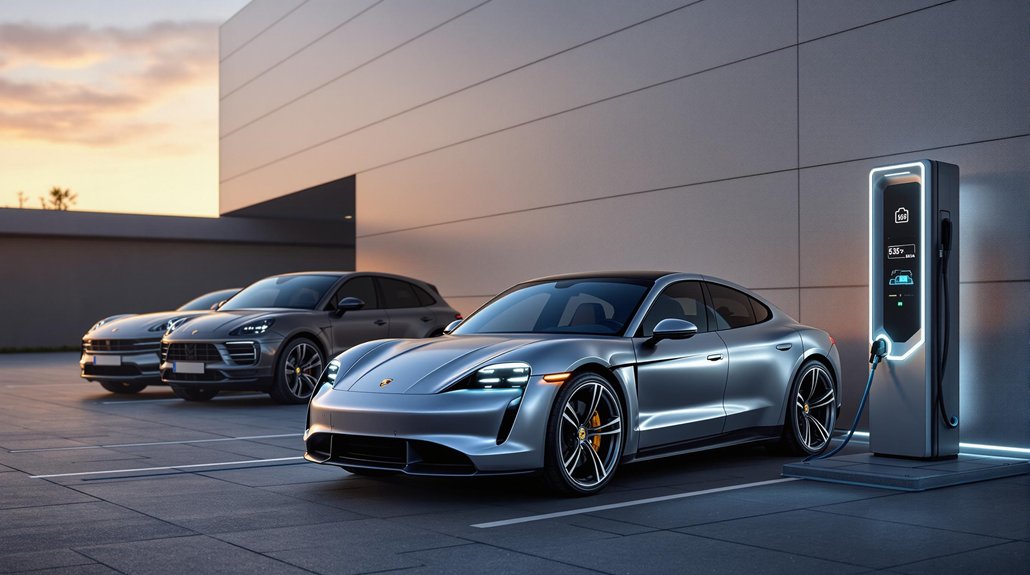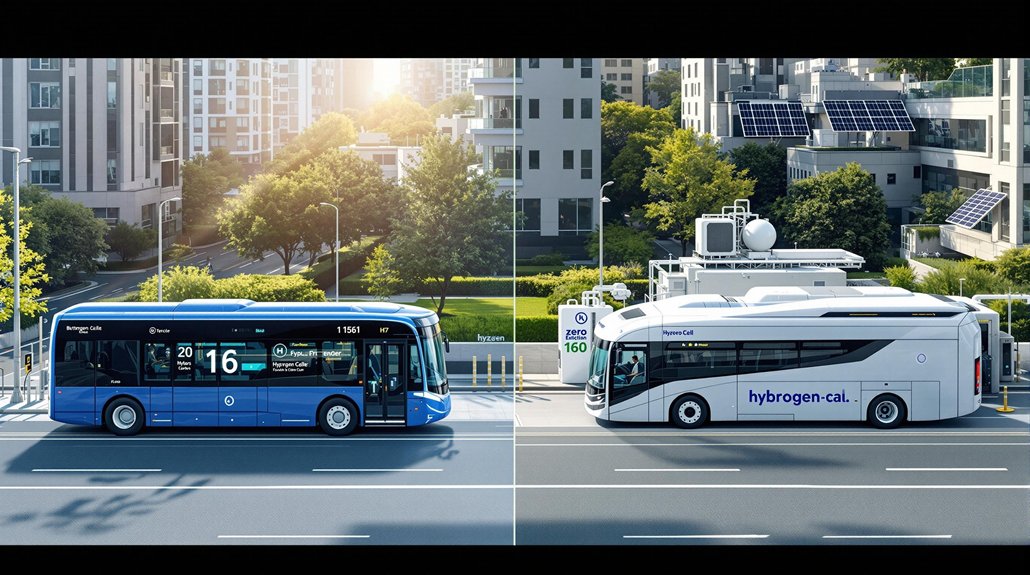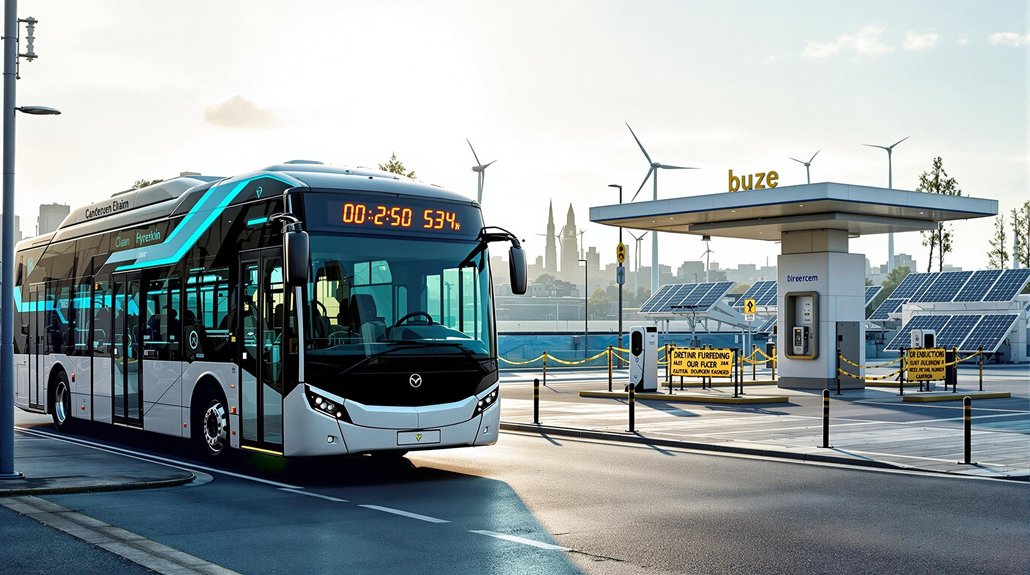The UK’s electric vehicle transformation is accelerating rapidly. Over 1.1 million EVs now travel British roads, with sales climbing to 16.5% of all new cars in 2023. Public charging infrastructure has expanded dramatically to more than 73,000 devices nationwide. Rapid and ultra-rapid chargers increased by 43% in just one year. Despite cost barriers, the used EV market grew 57% year-on-year. This transformation supports environmental goals while preparing for the 2030 petrol vehicle ban.
While the automotive industry has seen many changes over the years, the UK is now experiencing its most dramatic transportation evolution since the introduction of combustion engines. Electric vehicles (EVs) have gained significant momentum, with over 1.1 million fully electric vehicles now traveling on British roads as of mid-2024.
The numbers tell a compelling story of rapid adoption. In 2023 alone, more than 314,000 battery electric vehicles (BEVs) were registered, accounting for, 16.5% of all new car sales. When combined with plug-in hybrids (PHEVs), electric vehicles now represent about 22% of new car purchases, making them second only to petrol vehicles.
Supporting this growing fleet is an expanding charging infrastructure. The UK’s public charging network has surged to more than 73,000 devices as of April 2025. Particularly impressive is the growth of rapid and ultra-rapid chargers, which jumped from 3,871 in 2020 to 14,471 by the end of 2024 – a 43% increase in just one year. Ultra-rapid chargers have become increasingly popular, now accounting for 45% of sessions compared to just 29% in 2022.
Despite this progress, challenges remain. Cost continues to be the primary barrier for potential EV buyers, with 68% citing it as their main concern. However, the expanding used EV market offers a more affordable entry point, with sales growing by 57% year-on-year and reaching nearly 119,000 units in 2023. This growth trajectory aligns with projections indicating approximately 6.5 million EVs will be on UK roads by 2030. This expansion mirrors global trends where battery storage costs are anticipated to decrease by 52% by 2030, making EVs increasingly affordable.
The UK government’s policies are accelerating this evolution. The upcoming 2030 ban on new petrol and diesel cars creates urgency, while current regulations require 22% of new car sales to be zero-emission vehicles – a target that’s already been met.
The environmental benefits are significant. More EVs mean lower emissions from transport, supporting the UK’s 2050 net zero goals and improving urban air quality.
As charging infrastructure continues to expand, especially in previously underserved regions beyond the South East, the UK’s electric evolution shows no signs of slowing down. It represents the most significant transformation of British roads in over a century.
References
- https://citaevcharger.co.uk/blog/uk-and-electric-cars-ev-market-stats-2024
- https://www.electriccarscheme.com/blog/electric-vehicle-trends-adoption
- https://heycar.com/uk/news/electric-cars-statistics-and-projections
- https://www.theecoexperts.co.uk/electric-vehicles/ev-statistics
- https://www.iea.org/energy-system/transport/electric-vehicles
